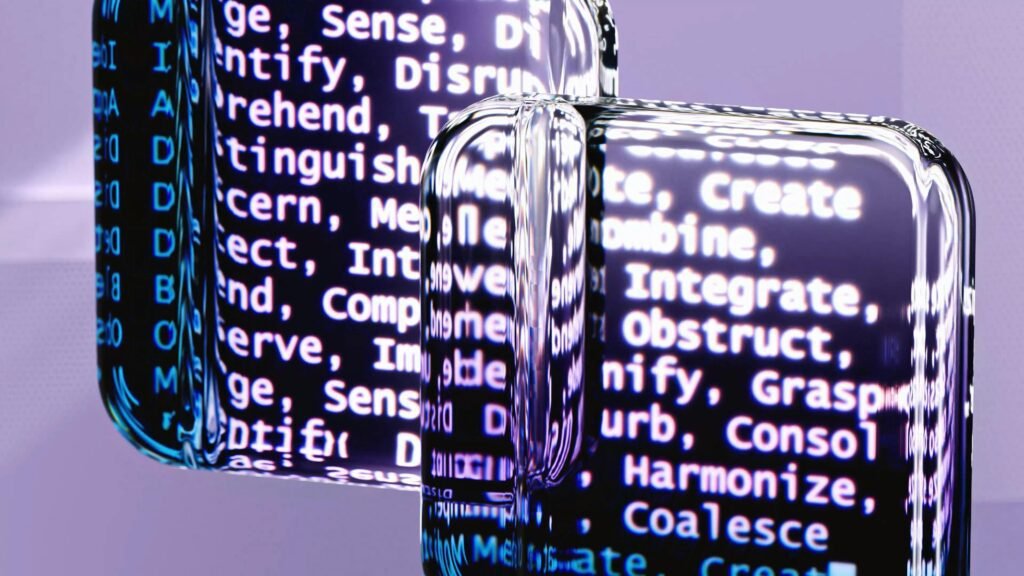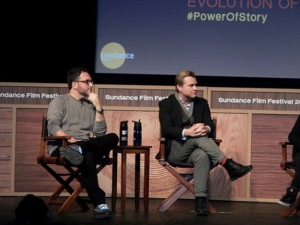The gaming industry has evolved dramatically over the past few decades, and at the heart of this evolution lies the intersection of creativity and technology. AAA games, known for their massive budgets, expansive worlds, and cinematic storytelling, represent the pinnacle of gaming development. With artificial intelligence (AI) advancing rapidly, a provocative question arises: can AI fully develop games on the scale of AAA titles? To answer this, we need to dive into the capabilities of AI, the complexities of AAA game development, and the potential synergy between human ingenuity and machine intelligence.

What Are AAA Games?
AAA (“triple-A”) games are high-budget, high-profile titles produced by major game studios. These games often take years to develop, requiring extensive teams of artists, programmers, designers, writers, and testers. Notable examples include The Last of Us, Cyberpunk 2077, and The Legend of Zelda: Breath of the Wild. These titles are celebrated for their immersive storytelling, cutting-edge graphics, and intricate gameplay mechanics. Developing a AAA game involves meticulous planning, creative innovation, and technological expertise, which raises the question of whether AI can replicate such multifaceted efforts.
The Role of AI in Game Development Today
AI is already a significant player in game development. Game studios use AI to automate repetitive tasks, generate procedural content, and enhance player experiences. For example:
- Procedural Generation: Games like No Man’s Sky rely on AI-driven procedural generation to create vast, explorable worlds with minimal human intervention. This technique uses algorithms to produce landscapes, flora, and fauna, providing virtually infinite possibilities.
- NPC Behavior: AI powers non-player characters (NPCs), making them act and react in realistic ways. From enemy AI in Halo to the lifelike townsfolk in Red Dead Redemption 2, AI contributes to immersive gameplay.
- Automation and Quality Assurance: AI tools assist in testing games by identifying bugs, optimizing performance, and ensuring compatibility across platforms, thereby streamlining development processes.
While AI plays a supportive role, AAA game development remains a predominantly human-driven process, requiring the nuanced touch of skilled professionals to craft narratives, design characters, and orchestrate emotional experiences.
Can AI Develop a Game From Start to Finish?
To assess whether AI can fully develop an AAA game, let’s break the process into its core components and evaluate AI’s capabilities:
- Concept and Design: Creating the concept of a game requires vision, originality, and a deep understanding of player preferences. AI tools like ChatGPT can generate ideas or assist in brainstorming, but they lack the human emotional depth and cultural context needed for groundbreaking creativity.
- Art and Graphics: AI has made impressive strides in generating visuals. Tools like DALL-E and Stable Diffusion can produce detailed concept art, while AI-powered engines like NVIDIA’s Omniverse enhance 3D rendering. However, creating cohesive art styles, character designs, and animations that align with a game’s narrative requires artistic direction and iterative refinement that AI cannot fully achieve independently.
- Writing and Storytelling: Narrative-driven games thrive on compelling stories and dialogue. AI language models can draft scripts or dialogue, but their outputs often lack emotional nuance, subtext, and the intricacies of human relationships. Games like The Witcher 3 and Mass Effect demonstrate storytelling complexity that AI cannot replicate autonomously.
- Programming and Mechanics: AI excels at writing and optimizing code. Game engines like Unity and Unreal Engine already incorporate AI to assist developers in coding and debugging. However, designing innovative gameplay mechanics requires a blend of technical expertise and creative experimentation beyond AI’s capabilities.
- Sound Design and Music: AI-generated music tools like AIVA can create soundtracks, but they often lack the emotional resonance of compositions by artists like Gustavo Santaolalla or Jesper Kyd. Similarly, sound effects crafted by audio engineers remain superior to AI-generated ones in capturing atmosphere and realism.
- Playtesting and Refinement: AI-driven playtesting can identify mechanical issues, but it lacks the subjective perspective of human testers who evaluate enjoyment, pacing, and engagement. Iterative improvements based on player feedback are crucial for AAA games, a process AI cannot manage alone.
The Challenges AI Faces
Several obstacles prevent AI from autonomously creating AAA games:
- Lack of Creativity: AI excels at pattern recognition and synthesis but struggles with true creativity. It cannot invent groundbreaking ideas or adapt to the emotional and cultural nuances of storytelling.
- Integration of Components: AAA games involve seamlessly integrating art, design, programming, and narrative into a cohesive experience. AI tools often specialize in specific tasks but lack the holistic vision required for such integration.
- Understanding Human Emotions: The best games evoke a wide range of emotions—joy, sadness, fear, excitement. AI lacks the human experience necessary to create these emotional connections authentically.
- Ethical and Cultural Sensitivity: Games are deeply rooted in culture, history, and ethics. AI’s outputs may unintentionally perpetuate stereotypes or create offensive content without proper oversight.
The Future of AI in Game Development
Rather than replacing human developers, AI is likely to augment their capabilities, enabling faster and more efficient workflows. In the future, we might see:
- Collaborative Development: AI could act as a co-creator, assisting artists, writers, and designers by generating assets, scripts, or prototypes that developers refine and adapt.
- Real-Time Customization: AI could enable games to adapt dynamically to individual players, creating personalized experiences and narratives.
- Reduced Costs: By automating labor-intensive tasks, AI could lower the financial barriers to creating high-quality games, potentially democratizing game development.
- Expanding Boundaries: AI might help create entirely new genres or mechanics that were previously unimaginable, pushing the boundaries of what games can achieve.
AI has revolutionized various aspects of game development, from procedural generation to NPC behavior. However, the creation of an AAA game requires a harmonious blend of creativity, technical expertise, and emotional intelligence that AI alone cannot provide. While AI is an invaluable tool for enhancing and streamlining the development process, it is unlikely to fully replace human developers in the foreseeable future.
Ultimately, the magic of AAA games lies in their ability to resonate with players on a deeply human level. This is something only humans can truly understand and deliver. Instead of viewing AI as a replacement, we should embrace it as a partner in the creative process, unlocking new possibilities and taking gaming to unprecedented heights.








